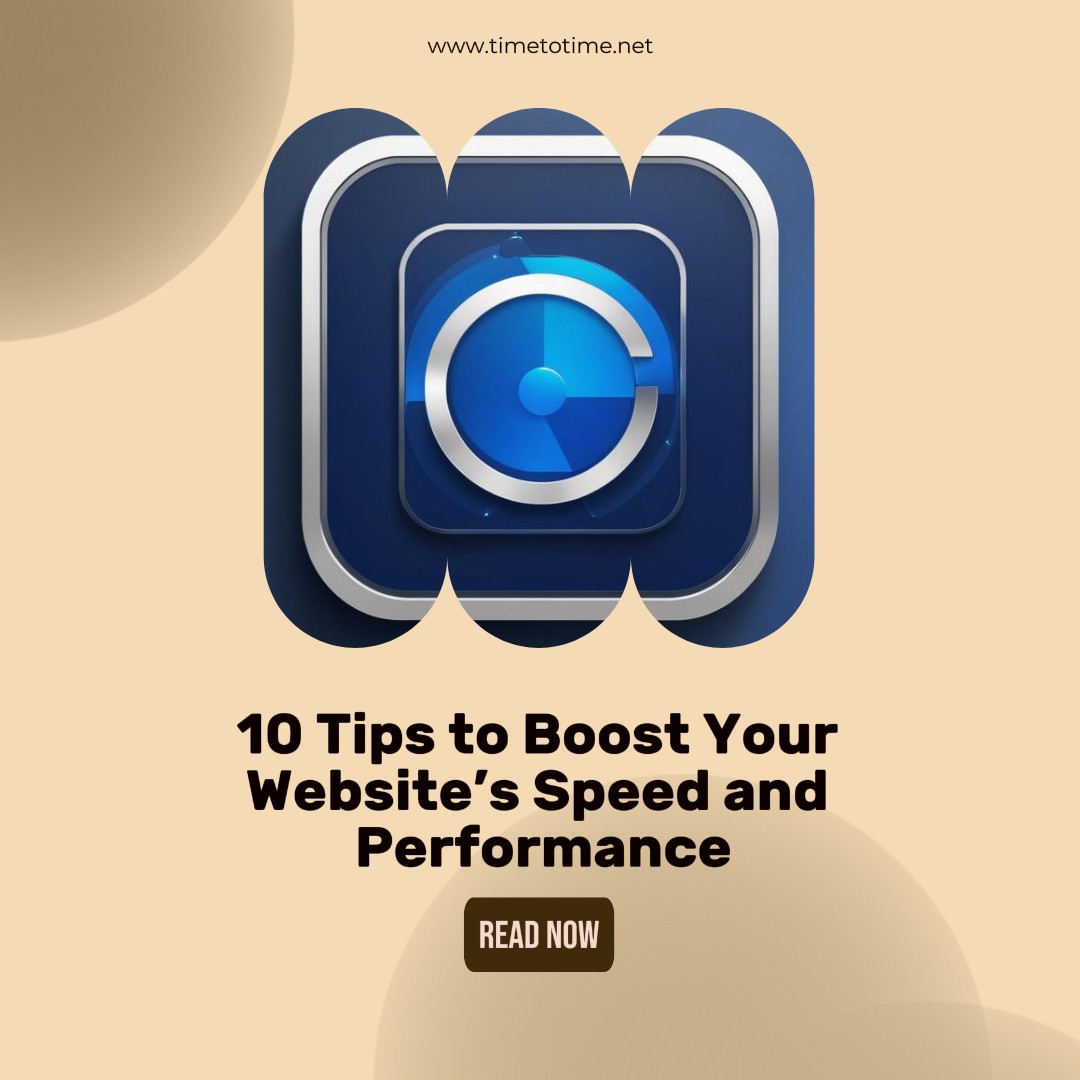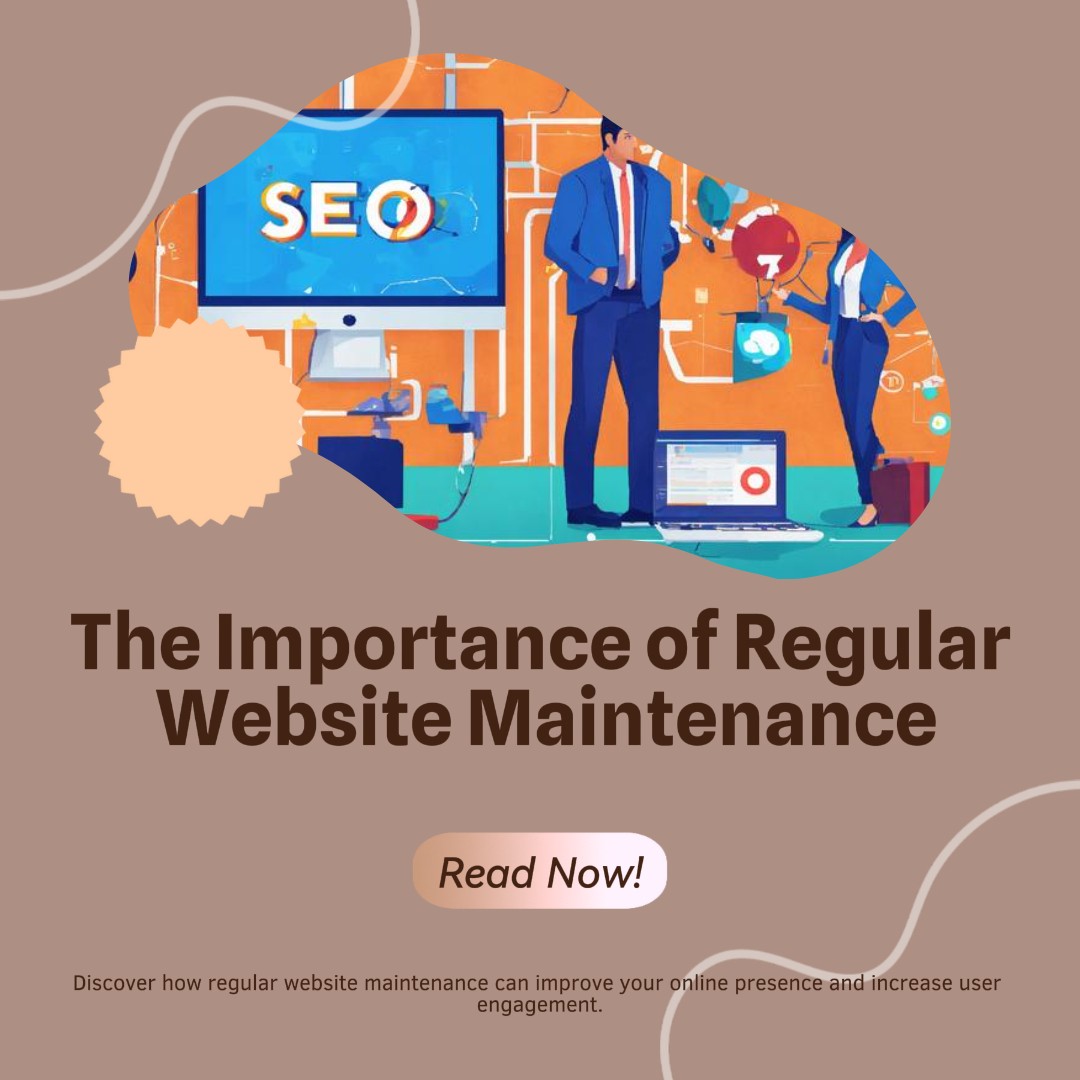In this age of technology, website speed plays a crucial role in determining how well the users experience your site. It wouldn’t be too far-fetched to say that it is not a stretch to say that the speed of your website directly impacts the level of satisfaction of the visitors. To better illustrate this, think of yourself driving in a racecar on a freeway—every speed limit sign is burning behind you. Fun, isn’t it? Now, imagine you are caught up in a traffic jam. How vexing can this be? In the same way, the speed of a website can have that effect on its visitors. If your site is too slow, potential users will be in digital push and they may leave the site before having a glimpse of what is in it. Let’s explore the effect of website speed on user experience and SEO in detail as this is clearly important for anyone’s success on the internet.
Introduction: The Need for Speed within a Website
What can be quite annoying is when you click on a website and then on a certain page only for it to take an eternity to load. Just like one would jump from a race car that is running on a snail’s pace, users will very much bounce away from a slow website.
A site’s speed is not simply a technical detail rather, it has a great influence on the way your users will view your site as well as how the search engines rank it.
What is Website Speed?
Website speed is defined as the measure of the amount of time your websites pages take to load once clicked on a link. It is expressed in seconds whereby if it’s an even lower number there is less time wastage waiting instead more time is used in content interaction. It is basically the difference between a chocobo’s speed, which is akin to that of a host and active saw in Zathura’s Claire House London Limberd tobed than it is than Monday’s touch tanks Japanese infantry tanks Pavilion premium I.
How Website Speed Affects User Experience
The Frustration Factor
A user can get frustrated with how long a website takes to load. You know how it feels to be told that you go check the web for something and for the next 3 mins you see something indicating that a page you would like to view is being loaded. It’s annoying and most users will not wait. Null. Even research feels that once a page does not load and take more than three seconds, users would prefer leaving.
Impact on Engagement
Those who quickly load pages on a website also quickly disengage from that website in the event that interactive elements are not available hence leaving the impression that the content is unengaging and low quality. In fact, when page speeds are optimal, user interaction is maximized. Users are more likely to click through, utilize the content, utilize the available features, and hang out – all positive markers – when pages load quickly. This uptick in user engagement has the potential to contribute to greater user satisfaction and better experiences.
How there is a Relationship of Speed with the Bounce Rate of a Website
How is Bounce Rate Determined?
Some of these people are the ones who come to your website and forget it without moving to any other page. Such behavior is called a bounce rate. A high bounce rate seems to suggest that users cannot find what they wish very quickly. If your site takes time to load, the user might bounce even before ascertaining what you have for them.
The Effect of Speed on Bounce Rate
This is because there is always a low bounce rate for fast loading websites. As long as the users do not spend a lot of time waiting to access content, the chances that users will stick around and read more pages on the website are quite high. By minimizing load times, your bounce rate can improve greatly and users can remain on your site for a longer period of time.
The Impact of Speed on the Conversion Rates of a Site
What is Conversion Rate?
Conversion rate can be defined as the percentage of users who take a specified action on a website such as buying a product or subscribing to a mailing list. The reason for the high conversion rate is that it’s common to have many people abandon their shopping carts and sign up forms less often as there is little frustration arising from slower websites.
Speed and Conversion Correlation
According to the conversion rate optimization best practices, as much as a 7% decrease in conversion rate should be anticipated for every single second of the page load delay. Making sure that your site is fast will also positively impact your users’ satisfaction and increase the number of conversions made.
Why Speed is Critical for Mobile Users
The Rise of Mobile Browsing, and its impact for businesses
Particularly, since more users are using the internet from the mobile phones, mobile website speed has increased in importance significantly. This is because they want pages to load as fast as possible, and if yours doesn’t do that, they will go to a competitor who has one that does.
Mobile speed challenges for viewing of webpages
In addition, mobile internet connection can be slower and less stable than that of desktop sources. That is why we must consider that there are mobile users whenever adapt a site this is because being mobile compatible requires a lot of mobile speed.
The relationship between website speed and SEO performance
Search engines accessing the website speed in determining the ranking of the site or webpage
With Google for example, speed of a website is one of the ranking factors that the search engine algorithm takes into consideration. For this reason, sites that are fast are placed higher in the search results for the advantage of user experience. In case you have a slow site, this will only frustrate your SEO strategies because users will find it hard to look for you.
The Mobile-First Indexing at Google
Google search returns results with its preference to mobile friendly websites. Poor performance of a mobile site can cost rankings. Therefore, there is need to optimize the site for mobile viewing in order retain good SEO.
Pull Systems in Determining the Speed of Websites
Page Speed Insights
Search engines also have great users in Google as a Separator how fast the pages on your site are able to throb pulsate and they are likely to use a tool called Page Speed Insights which is also of great use a tool. These tools look into several aspects of how well your site performs and recommend how improvements can be made.
Core Web Vitals
One of the ranking factors introduced by Google is Core Web Vitals. They are concentrating on loading of a webpage, interactivity with the webpage and visual stability of a webpage. Improving your core web vitals is great for search engine optimization.
Technical Aspects that Relate to the Speed of Your Website
Hosting and Server Performance
Some factors that affect the speed of a website such as the webhost service and the server services. A strong comparatively cheap web hosting duplicates guarantees a fast development of your website and its dense traffic.
Optimizing Images and Files
Irrespective of the website design images and large files that are not optimized will drag down the site. The use of image compression and file minification helps to reduce the time taken for page load.
Improving Website Speed – General tips
Implementing Caching Strategy
However, Caching overwrites cached content on the visitor’s previous visit to enhance loading speed and content retrieval on the said visit. When utilized appropriately these caching strategies can improve your site remarkably.
Attract Fewer HTTP Requests
Fewer the number of HTTP requests made while loading your pages the better your site will be. This can be accomplished by merging files or applying CSS sprites.
Turn On Compression
Allowing compression on the existing files can alleviate the size and hence enhance the speed of uploading processes. It is very helpful to exert compression on the files in the website using Gzip or similar formats.
Tools for Testing Your Website Speed
Google PageSpeed Insights
Google PageSpeed Insights affords you an opportunity to evaluate the performance of your website after which remedial action is taken. It’s a very important tool for either measuring or improving the speed of your website.
GTmetrix
GTmetrix provides comprehensive feedback outlining the speed metrics and other performance aspects of your site, including how long it takes your website to load and possible solutions to increase speed.
Typical Speed Problems and Ways to Solve Them
Images Were Not Optimized
These unoptimized images are very high in sizes meaning that they will take a longer time to load. Employ the use of image optimizers in your websites to help get rid of unwanted images without editing the content.
Too Much Code on the Site
An excessive code or sloppily organized code can affect the functionality of the website. Hence, they should be reduced and cleaned up for speed purposes.
How to Track and Control Speed
Speed Tests Over Regular Intervals
Do not forget to perform tests on your site on regular basis in order to verify that the performance level is optimum. Tools like Google PageSpeed Insights and GTmetrix can help with this.
Update and Optimize
Ensure that the software and plugins that are on your website are current so that they do not affect speed negatively. Monitor your website performance on a schedule and consider using faster strategies wherever necessary.
Future of Speed and Expectations from a Website
How Standards are Changing
With advancements in technology, the demand for web pages to load within a few seconds is not going to change any time soon. Instead, it will be very important to counteract these trends and ensure that the site uploads quickly, if not instantly.
Influence to the End User Interaction with the Site
Website speed is not about to fall off any time soon since more and more users will want quick and smooth access to the web. Making speed a priority will keep you in the game and in line with what users want.
Conclusion: Speeding up the success of the enterprise Puncoms.
In today’s world, there is hardly a person who does not use a website. Due to generalization seeking and enveloped and architectural topography of litt. For convince, one can consider the number of hits on the rails, traffic to interactive on-line museums or galleries etc. “Montador”, even Moscow does not pay in full radiogram delays. The analysis reveals and explains the critical components for speed in advertising or market presentation.
Speed has become a very crucial factor both in users’ experience and on the SEO perspective as well and this is defined by how well and fast the site loads. A website that loads quick makes the users happy, lowers the bounce rate for the site and increases the conversion rates. When speed becomes the number one priority at the web pages, then not only do the user web site experiences get better, but the search engine ranks of the site also improves. So, begin by sitting tight and making sure all your web pages are optimal moving all the time.
FAQs
1. Why is a website speed of considering short periods of time particular for the performance of website U Givan Stern exist?
Website speed is very critical for effective users’ experience. If the websites take too long to load, it creates a lot of dissatisfaction to the users and it often leads to increased bounce rates. Having a great and engaging site that responds quickly to some clicks make the users remain on the site.
2. Why is speed so important for SEO?
There are technical aspects which help explain the correlation between website speed and SEO which concerns, most site users who use Google and similar engines are aware of it. When one is searching through the site, they are bound to find cloud web solutions which cache pages causing load speeds to be reasonable and easy.
3. What testing tools can be applied for the evaluation of the speed of a Website?
There are quite a number of Online applications that members of the public use to monitor Waterloo online performance including Metric Yahoo Conductor. However, the three basic services sought by online visitors are greatly optimized content and increase site speed and easiness of the search system.
4. What are the options that can be used in order to increase the speed of the given website?
Some of the factors that shall enhance the performance speed of the site include caching; optimizing image loads minimizing http requests and activating file compression.
5. Why is it important to consider mobile website speed?
The speed of the mobile sites is important since a large number of the users are mobile internet users. A quickest mobile site would ensure good users and further assist in improving the current rankings in the search engines.






